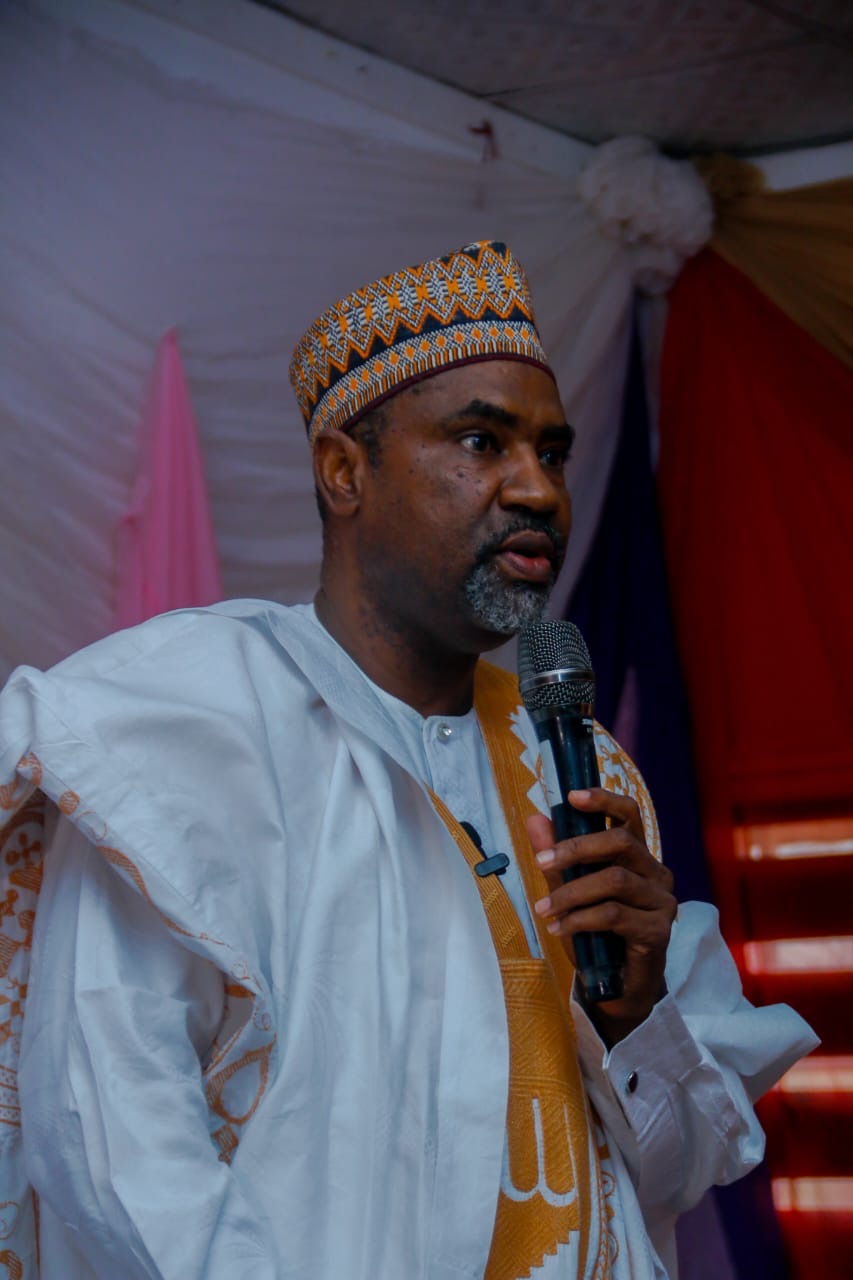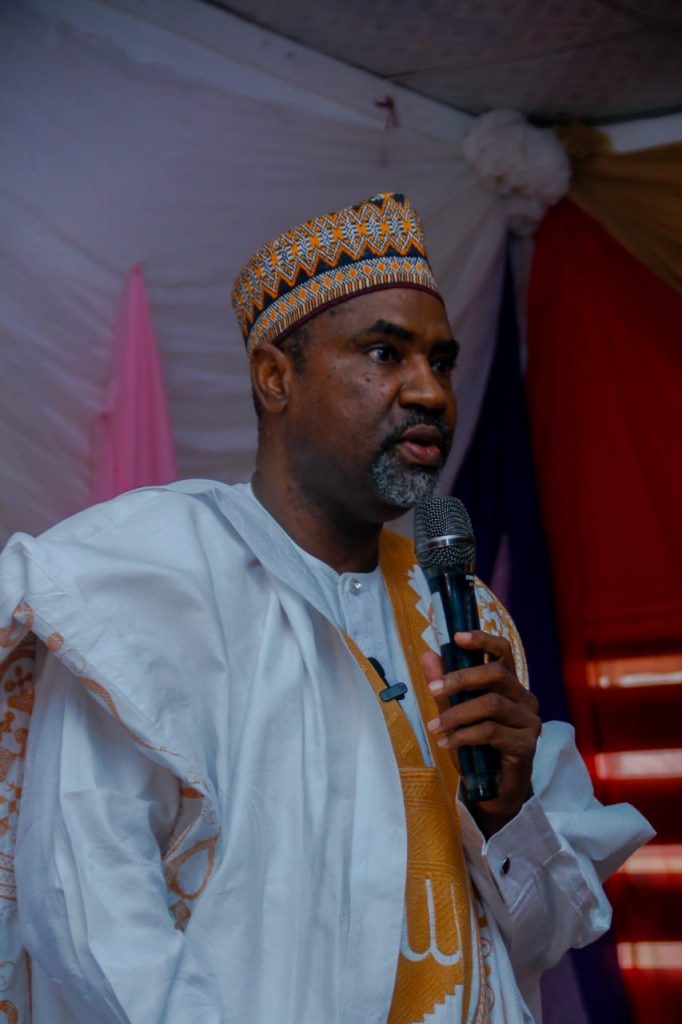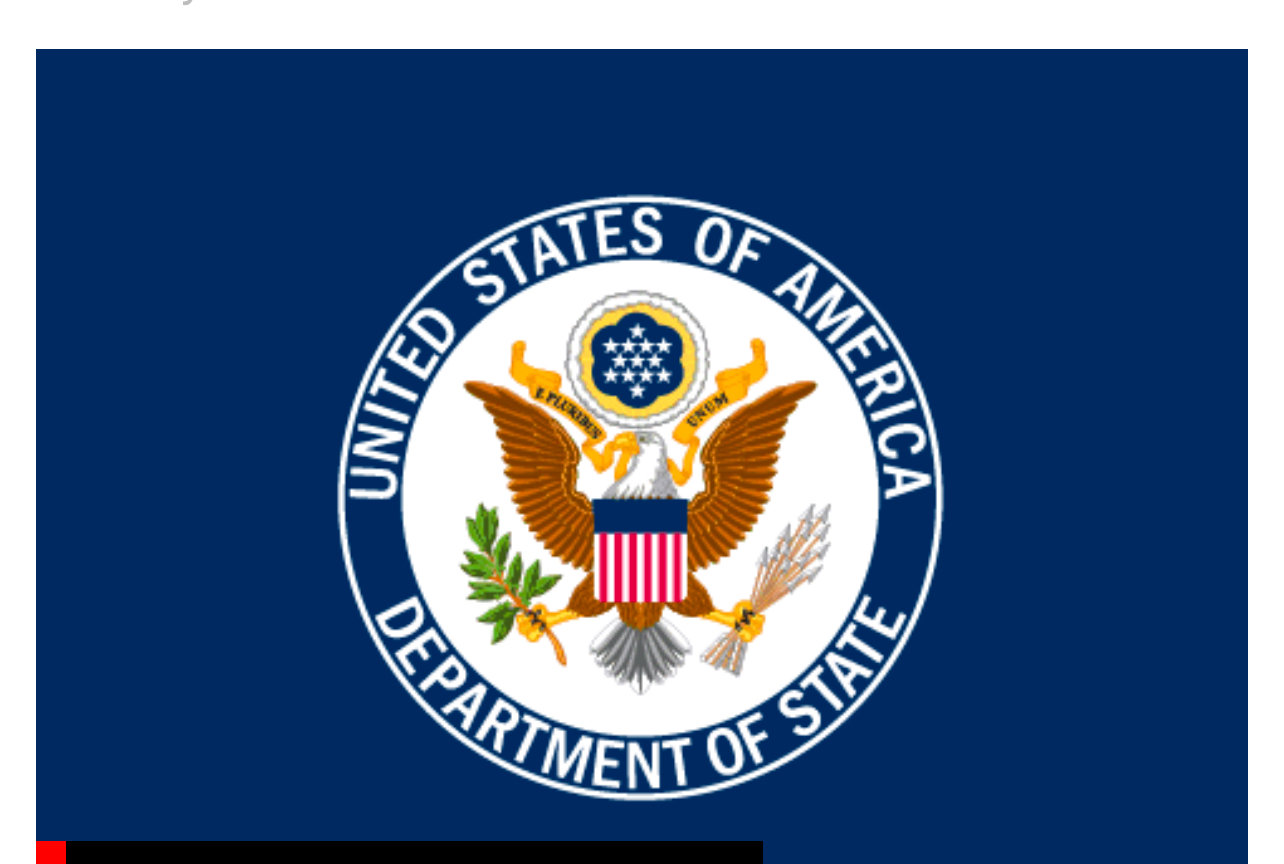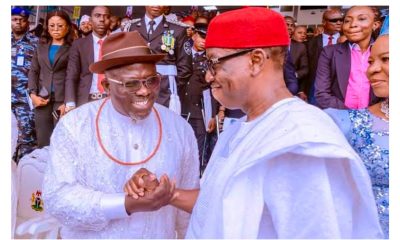The governor, however, said before this could be done, the bandits hurriedly changed location which led to the students spending over a month in captivity.
The governor said this on Thursday during a webinar organised by the Africa Leadership Group.
The event which was tagged: ‘Developing a Viable Nation 2’ was hosted by Pastor of Trinity House Church, Ituah Ighodalo.
Responding to a question on his refusal to negotiate with bandits, the governor said, “Two days after the abduction of the Afaka young people, I was assured by the air force and the army that they knew where the kidnappers were with the students and they had encircled (them).
“We were going to attack them. We would lose a few students but we would kill all the bandits and we would recover some of the students. That was our plan. That was the plan of the air force and the army… But they slipped through the cordon of the army. That is why they were not attacked.
“We know it is risky, we know in the process we may lose some of the abductees but it is a price we have to pay. This is war, there will always be collateral damage in war and we will rather do that than pay money because paying money has not solved the problem anywhere in the world.”
El-Rufai admitted that he had “lost weight” over the insecurity in Kaduna State which was giving him sleepless nights.
The governor, however, claimed that insecurity in Kaduna was not as bad as Niger, Katsina and Zamfara but the media only focused attention on his state because it fitted into their narrative of ethnic clashes.
El-Rufai said in Katsina and Niger states, entire villages were sacked by bandits but nothing of such happened in Kaduna.
On why he asked former President Goodluck Jonathan to negotiate with Boko Haram to rescue Chibok girls, the governor stated that he only gave that advice because that was the first time such abduction would take place.
He said Boko Haram is driven by an ideology and not by money in the case of today’s bandits.
The governor also spoke about his expectations for Nigeria in 2023.
El-Rufai said it was his wish that the next President of Nigeria would not be more than 65 years.
The governor said political leadership is mentally and physically draining and a younger person would handle the stress better than an older person.
El-Rufai also said the President, Muhammadu Buhari (retd.), hardly achieved much because he is a nice guy that doesn’t like to sack.
He said he believed in sacking incompetent hands and that was why he achieved more.
“I fire people so I get higher execution rates. President Buhari is a nice guy, he doesn’t fire people so he has a slower execution rate,” the governor added.
An Islamic Cleric, Sheikh Ahmad Gumi, gave this hint in Kaduna while receiving parents of students of Afaka, who were released on Wednesday.
Recall that a leader of the bandits, Sani Jalingo, had in an interview with the Hausa Service of the Voice of America on Monday, threatened that the remaining 17 students in their custody, would be killed if the Kaduna State Government or parents of the abductees failed to pay N100m and provide 10 motorcycles on or before Tuesday (this week).
But Gumi, on Thursday expressed optimism that the remaining students of the Greenfield University, Kaduna would soon be freed.
The cleric, who indicated that the bandits had rescinded their decision to kill the students, stated, “The talk with the Greenfield University students’ abductors is also going on. You know they threatened to kill all of them after a particular deadline, but after talking to them, they are now lowering their bar.
“So, we are thankful they have stopped killing. And we are still negotiating with them. I hope this Afaka case will also encourage (everybody) to know that there is hope in negotiation and release of the children.”
While fielding question from newsmen shortly after the visit, Gumi said the role he and former President Olusegun Obasanjo played was purely mediatory, noting that fight was between the bandits and the government.
When asked about the reported swap of a bandit for the students, Gumi said, “I cannot confirm that but I can quote the Governor of Kaduna State (Nasir El-Rufai) when the children of Chibok were kidnapped by Boko Haram. He said it was the duty of the government to use whatever means possible to save the lives of Chibok girls. This is a general rule that life is more precious. Now, I am happy that 27 lives have been saved.”
Earlier, the parents of the 27 abducted students had said they were in his residence to thank him for the role he played in freeing their children.
Led by the Chairman and the Secretary of the Parents’ Forum, Mallam Usman Abdullahi and Friday Sanni, respectively, they urged the Islamic cleric to extend their appreciation to Obasanjo.
Meanwhile, parents of the 27 Afaka students on Thursday waited in vain as they couldn’t be reunited with their children released by bandits after 57 days.
The parents, who gathered as early 8am to receive their children at the school premises along the Kaduna International Airport road opposite the Nigerian Defence Academy, were disappointed.
There were reports on Thursday that the students were freed after the payment of N15m ransom and the release of a bandit, who was detained by security agencies following Obasanjo and Gumi’s intervention.



 President Bola Ahmed Tinubu is expected to arrive Abuja later tonight following a two-nation diplomatic tour that took him to Saint Lucia in the Caribbean and Brazil in South America.
President Bola Ahmed Tinubu is expected to arrive Abuja later tonight following a two-nation diplomatic tour that took him to Saint Lucia in the Caribbean and Brazil in South America.
 A non-governmental organisation, Advocacy for Integrity and Rule of Law (Airlin) in Nigeria, has kicked off a grassroots campaign across the 19 northern states to promote civic awareness, respect for the rule of law, and voter participation ahead of the next general elections.
A non-governmental organisation, Advocacy for Integrity and Rule of Law (Airlin) in Nigeria, has kicked off a grassroots campaign across the 19 northern states to promote civic awareness, respect for the rule of law, and voter participation ahead of the next general elections.
 The United States Department of State has announced an update to its non-immigrant visa policy for Nigerians.
The United States Department of State has announced an update to its non-immigrant visa policy for Nigerians.









